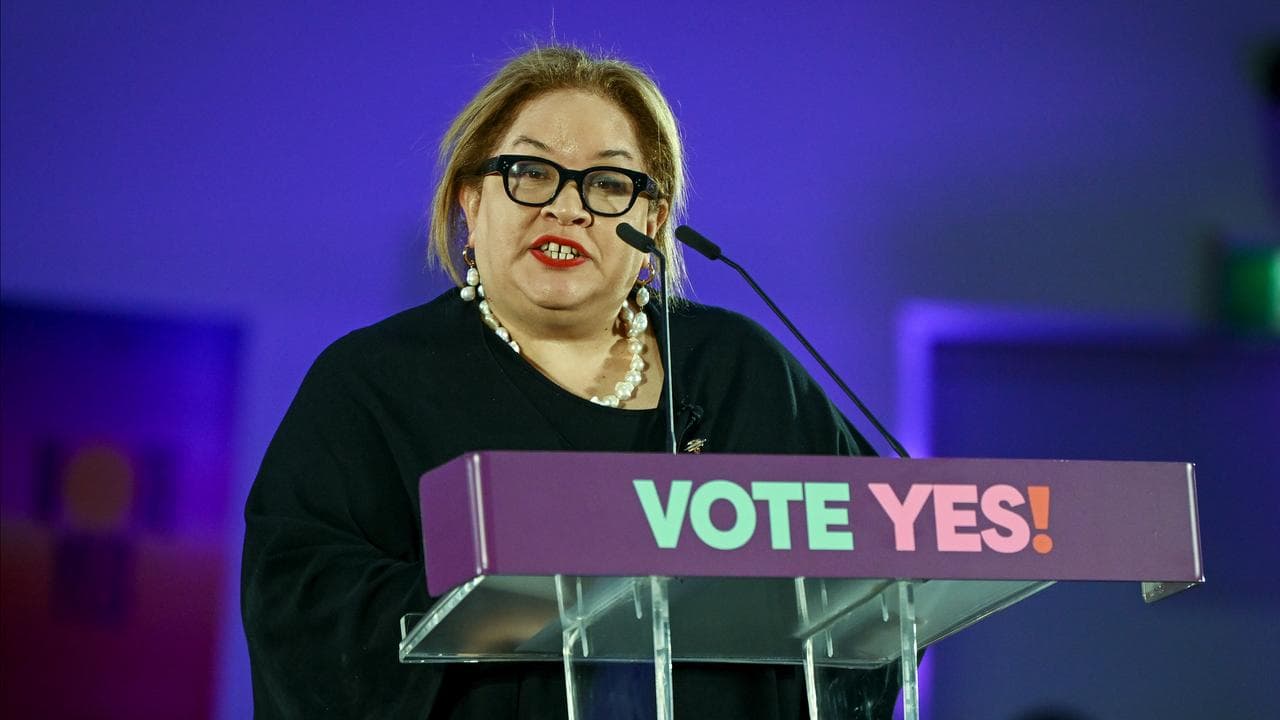
One of the architects of the Uluru Statement from the Heart says "face-to-face yarns" will be a key to the voice referendum passing.
Professor Megan Davis said while it had taken many years to get to the point of having a referendum on an Indigenous voice to parliament and government, the six-week campaign would be one of the biggest challenges.
"The only way we'll win is through grassroot Australian communities, where Aussies are talking to Aussies," Prof Davis told AAP.
"It's those face-to-face yarns with Australians, whether it's at the beach or the train station or the church or workplace.
"The campaign for 'yes' has seen an uptick in support in interest and volunteers and we feel really positive with where we are and what we're going to do."
Australians will decide whether to recognise Aboriginal and Torres Strait Islander people in the constitution through an advisory body on October 14.
Prime Minister Anthony Albanese announced the date of the referendum on Wednesday in South Australia, which is regarded as a key battleground state.
Prof Davis said swaying undecided voters was crucial.
"What we found in our work is that in areas where undecided people come in, they more often leave as 'yes' because they get the facts unencumbered by ideological agenda," she said.
"The reality is that this is a reform supported by many."
The voice referendum will be the first time in 24 years Australians will vote on whether to change the constitution.
But history is against the 'yes' campaign, with just eight of the 44 referendums being held passing.
The referendum will need a majority of 'yes' votes nationally, as well as a majority in four states to be successful.
But Prof Davis said there was no precedent for the upcoming referendum.
"The majority of the referendums that failed were about federal parliament expanding its own power and Australians don't support that and that's why the bulk of them failed," she said.
"This is not about that - this is about recognition of First Nations people, a very different thing.
"This is not about Canberra or the bureaucracy, this is about accountability and a voice."
The announcement of the date has brought with it a sense of relief for Prof Davis, but she said the 'yes' campaign still had a lot of work ahead of it.
"We feel that recognition is now within reach, which is what our people have always aspired to," she said.
"It's important that we are recognised, so I feel a great sense of hope and anticipation for October 14."




